In the modern era, with an emphasis on efficiency and portability on the rise, portable power stations have become an incredibly useful multipurpose device used in a variety of different areas. The most common, then, is Can I run a fridge using a portable power station?
Reply: Yes, however, there are some issues to be considered to make a portable power station you pick that can run a fridge truly effectively. The article will also explore some of the major considerations in using a portable power station to power a refrigerator, such as power requirement, power station selection, and how to use it in real practice.
To know a portable power station can power a fridge, one needs to learn about the power input the appliance commands.
The 2 major power specifications of fridges
Running Wattage: This is the sustained power that the fridge will require to function. Household refrigerators typically require 100 to 800 watts, depending on the size and energy efficiency.
Starting Wattage: Surge wattage, also called startup current, is the power surge needed to get the compressor running. This surge can often be 600 - 1200 watts or more higher than the running wattage.
How to Choose The Best Portable Power Station
Here are some factors to consider when selecting a portable power station to run a refrigerator -
Capacity (Watt-Hours, Wh)
Portable power station capacity The capacity of a portable power station is measured in watt-hours (Wh) and tells you how much energy it can hold. Determine how much power you need by looking at the running wattage of your refrigerator and the length of time you need to keep it on. So, if a refrigerator is rated at 150 watts, and you plan on running it for 8 hours, a power station with at least 1200 Wh (150W x 8h) would be appropriate.
Inverter Power Rating
Stored DC Power TO AC Power: The stored DC power is converted to AC power by the power station inverter, which most household appliances use. Make sure that the inverter is rated above the running watts of the refrigerator, and that it is capable of handling the starting wattage as well. For example, if you need 150 watts of continuous power for your refrigerator and 800 watts to get going, your watts should be capable of at least 200 watts continuously and 1000 peak.
Battery Type
Among portable power stations, Lithium-ion with Lithium Iron Phosphate (LiFePO4) batteries are the most frequently found. LiFePO4 Batteries provide a brief cycle life and good thermal stability so they are some of the most viable and long-lasting for everyday use.
Practical Usage Tips
Accurately Calculate Power Needs
Be sure to verify the power requirements of your specific refrigerator by reviewing the user manual. You overestimate so that you have some buffer between you and disaster.
Efficient Usage: To get the most power out of this unit, close the main door of the refrigerator as long as you retain the temperature not to mention to reduce the compressor's work.
Solar Charging: A Portable Power Station with Solar Charging Capabilities (If you plan on using the device for an extended time. This would allow you to charge the power station during the day and use it longer.
Monitor Battery Levels: Monitor the battery levels of your power station Stations Could And On Need Of Power Only A Counter B Sometimes When This Low They Have Displays Showing Current And Remaining Battery Usage.
Benefits of running refrigerator on Portable Power Station
Portability and Convenience: Portable power stations are small and convenient; these are all you need in camping, hunting, or even when faced with an emergency, like a power outage but without essential power recourse.
Quiet Operation: Portable power stations run quietly like the other gas generators by giving power separate from the noise that may contribute to residential regions or quiet environments.
Eco-Friendly: Most portable power stations are also able to be charged with solar panels which are the greenest way to charge them versus traditional gas-powered generators.
Versatility: They have multiple output ports to provide more than just a charge as they also output power for other devices such as smartphones, laptops, and small appliances all at the same time.
Limited Runtime: The capacity has its limits, and thus, the runtime of a portable power station is ultimately limited. But for long-term continuous operation, you may need a larger reservoir or even a power generation method, such as solar panels.
Initial Cost: Besides, high-capacity portable power stations with good inverters are not cheap. However, they provide long-term savings and convenience over your typical generator.
Maintenance: While minimal, portable power stations do need to be charged and firmware updated occasionally to ensure better performance of the equipment.
Summary,
So, the bottom line is that, yes, a refrigerator can run off a portable solar generator, as long as it has enough capacity and inverter output to handle the running and starting wattage of the appliance. This means you can use a portable power station to keep your fridge cold when you are on a hiking trip, the power grid goes down, or when you need cold food, and beverages in scenarios that lack convenient access to grid electricity. Portable power stations are a versatile, green, and silent way to deliver power to fridges and other critical equipment, and are a great asset for every home or outing kit.

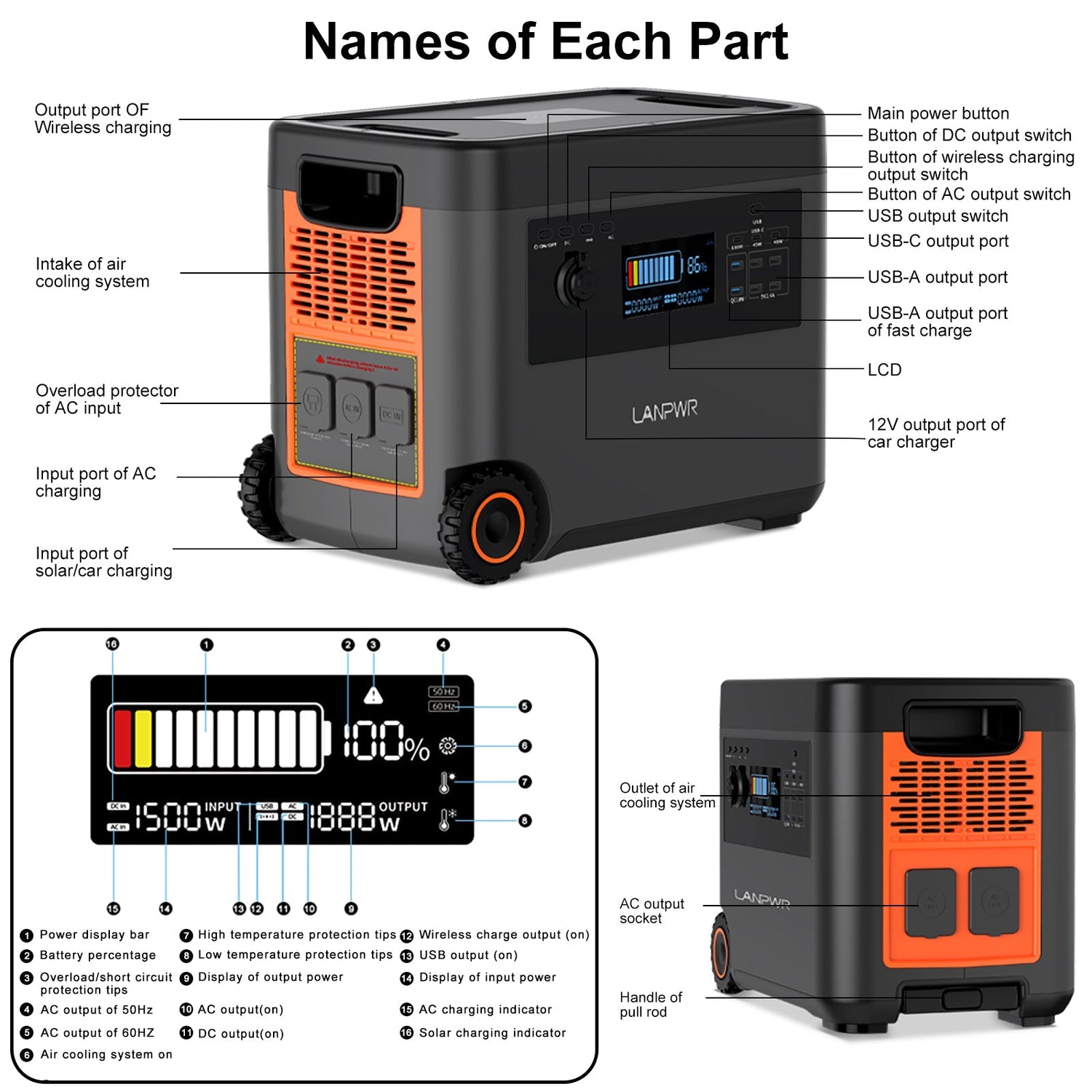
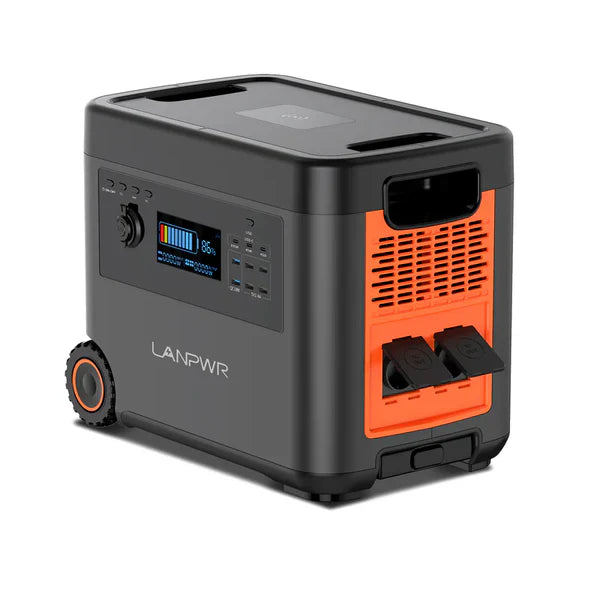


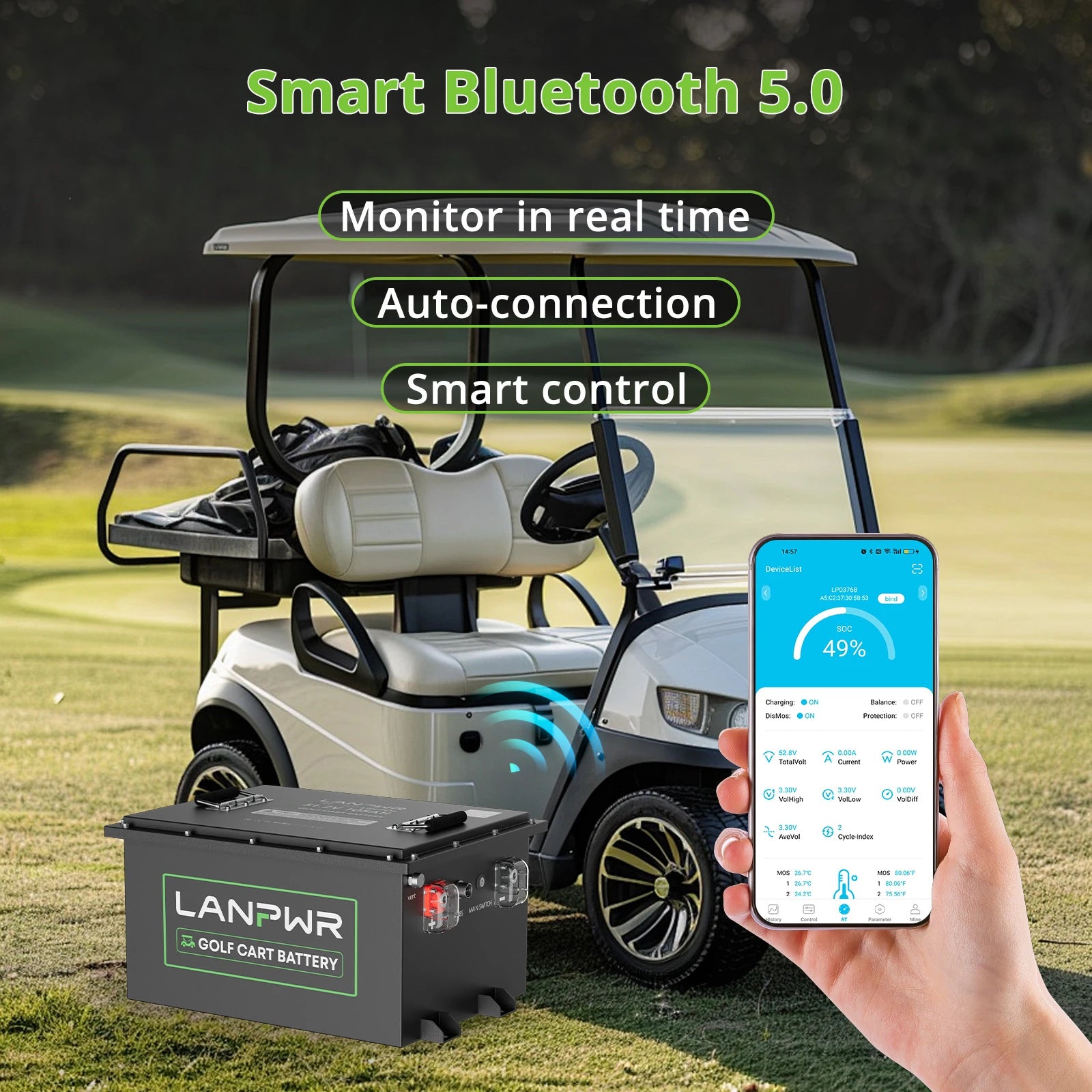
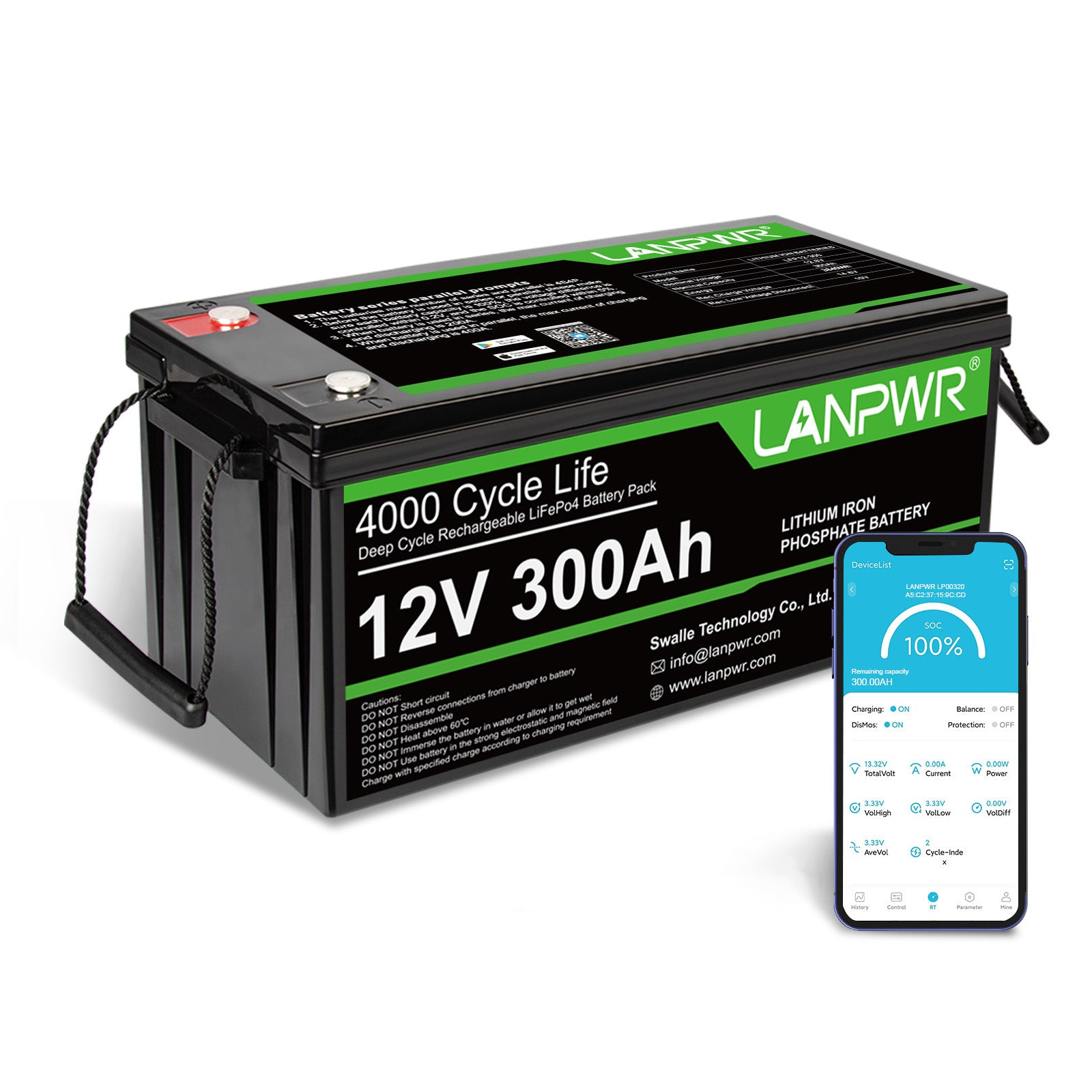
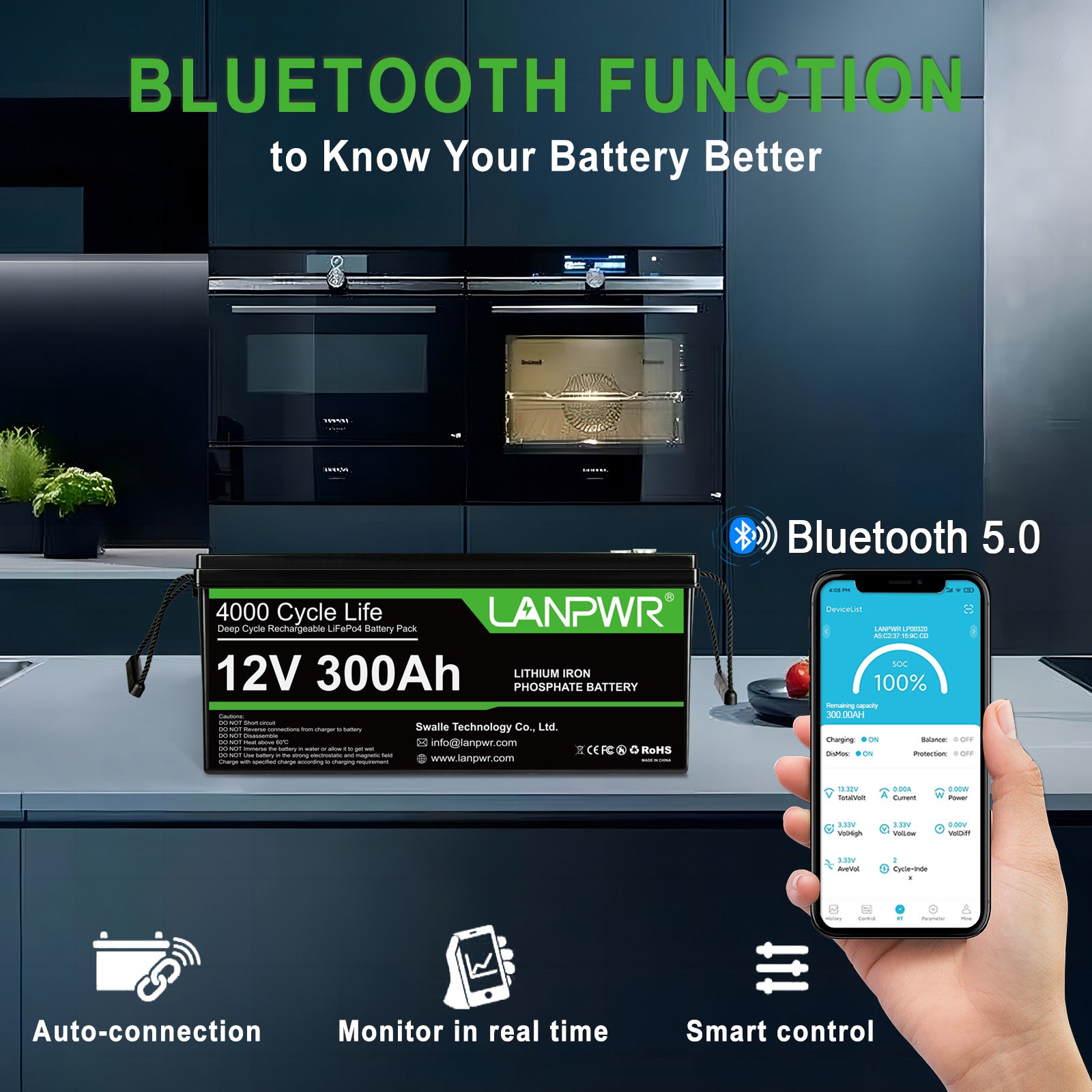
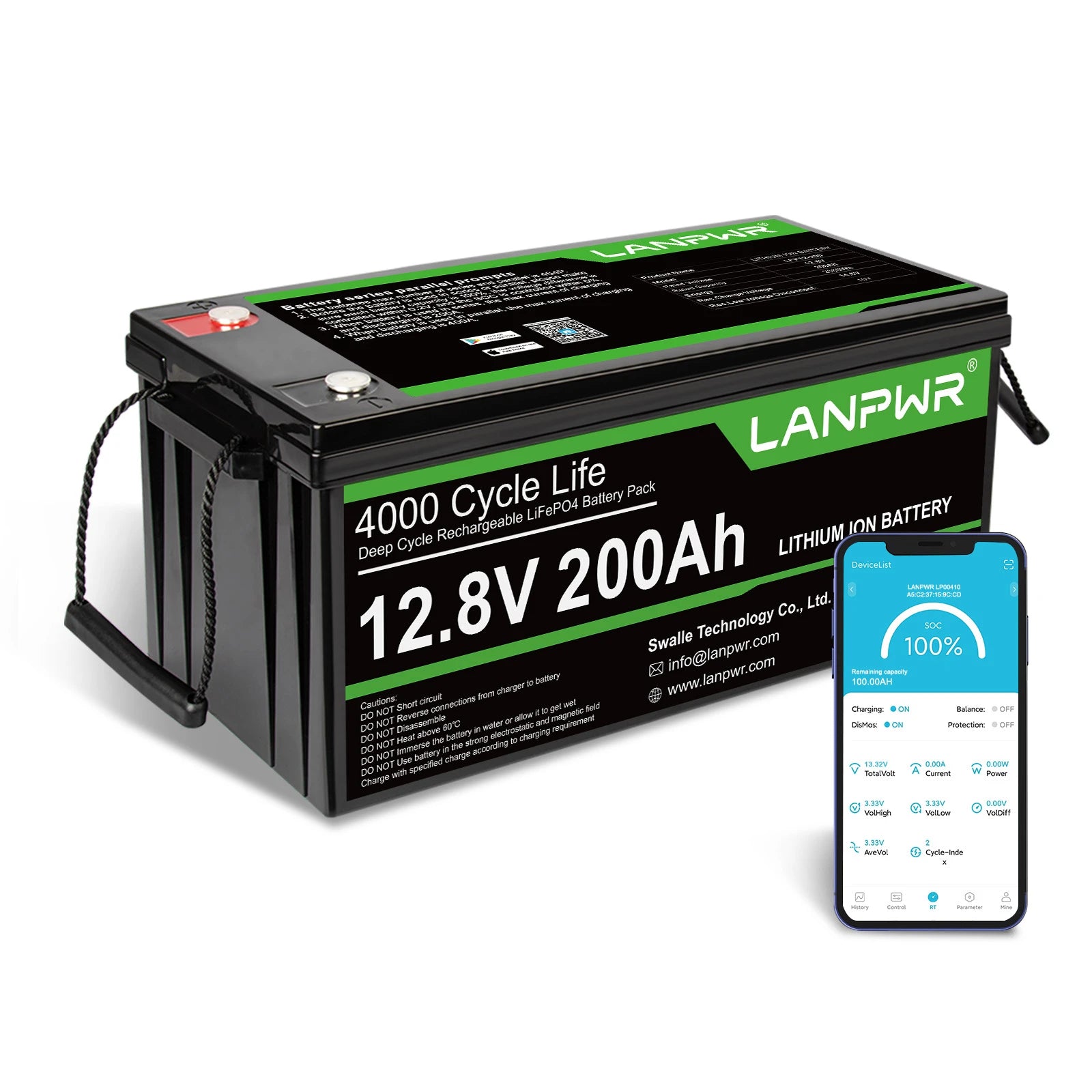
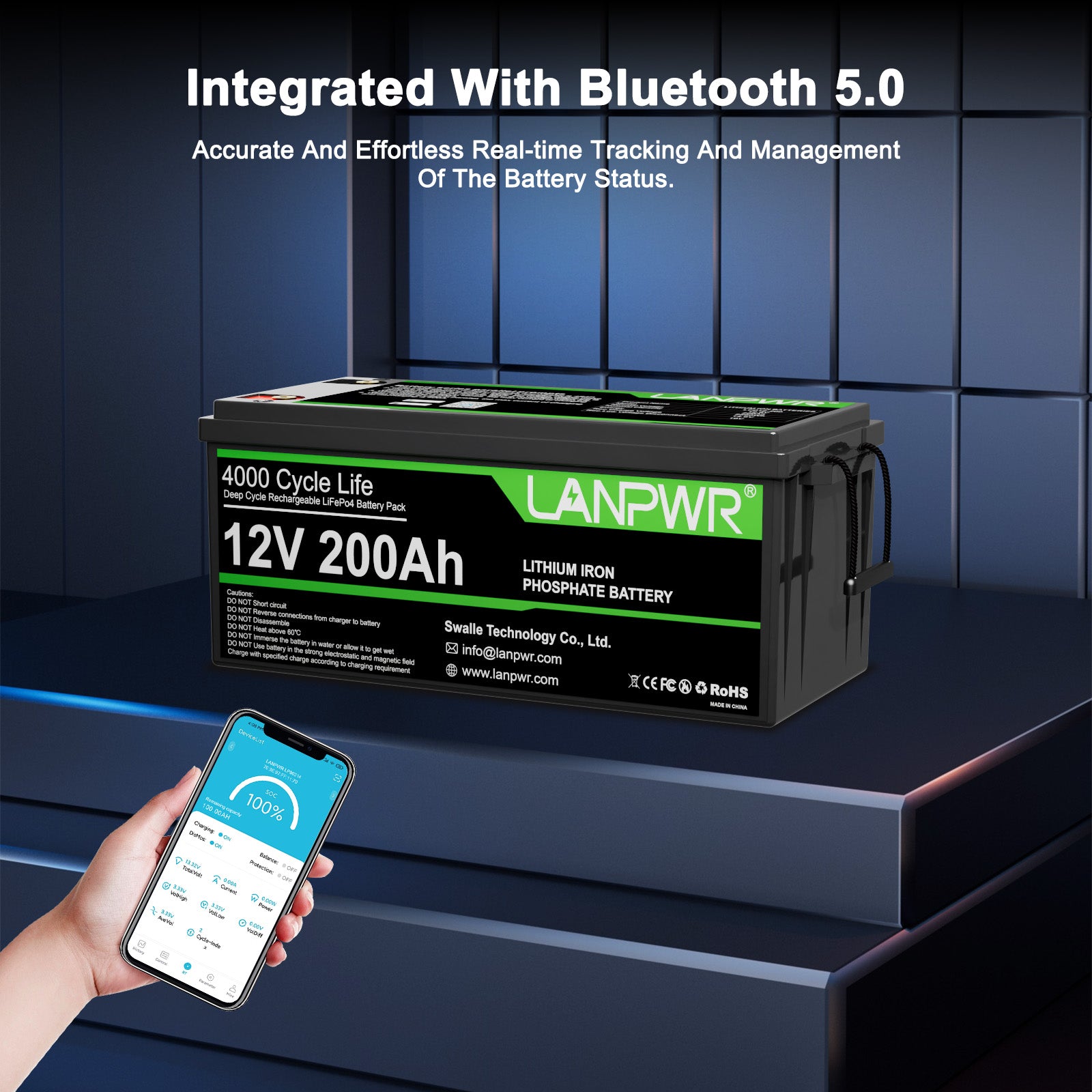
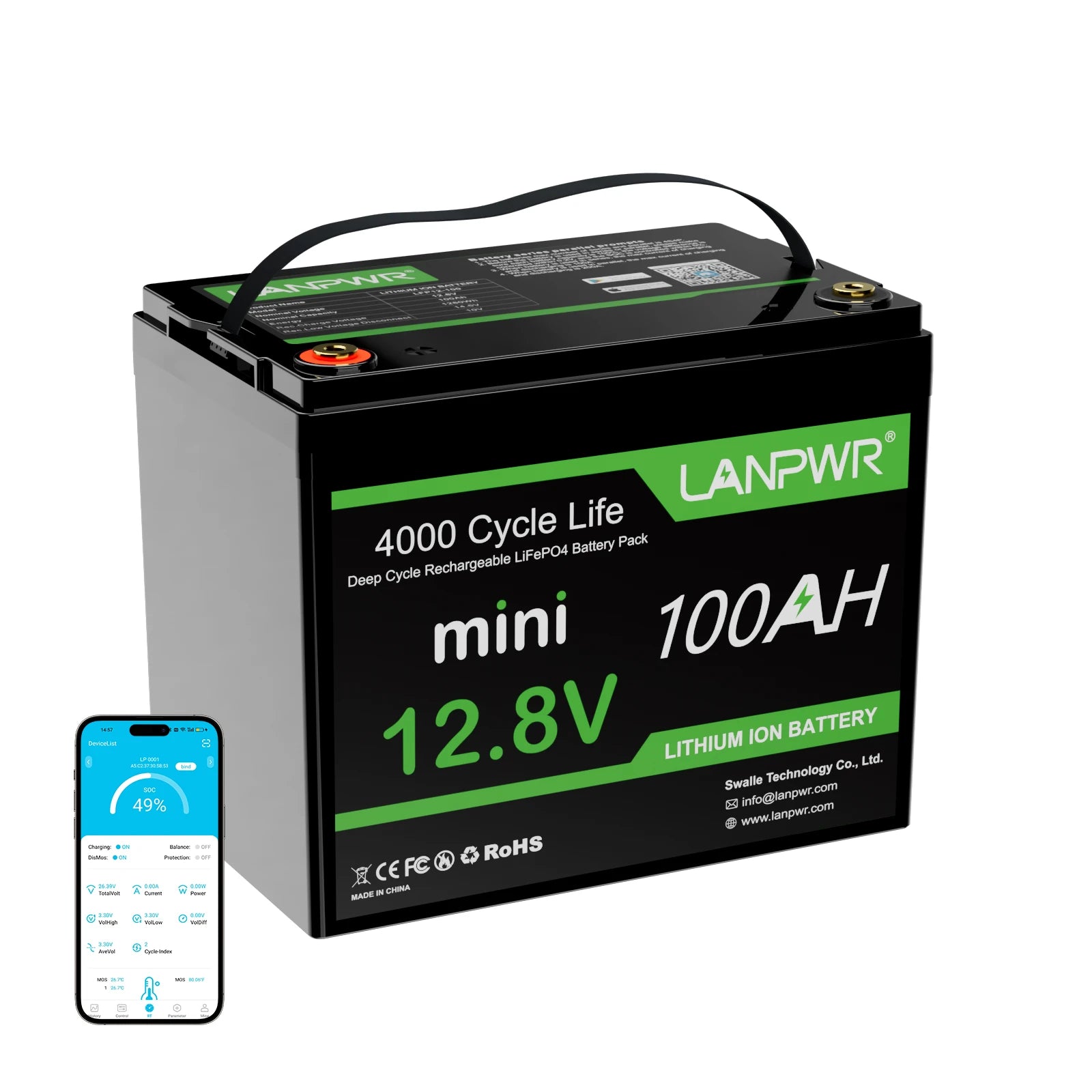

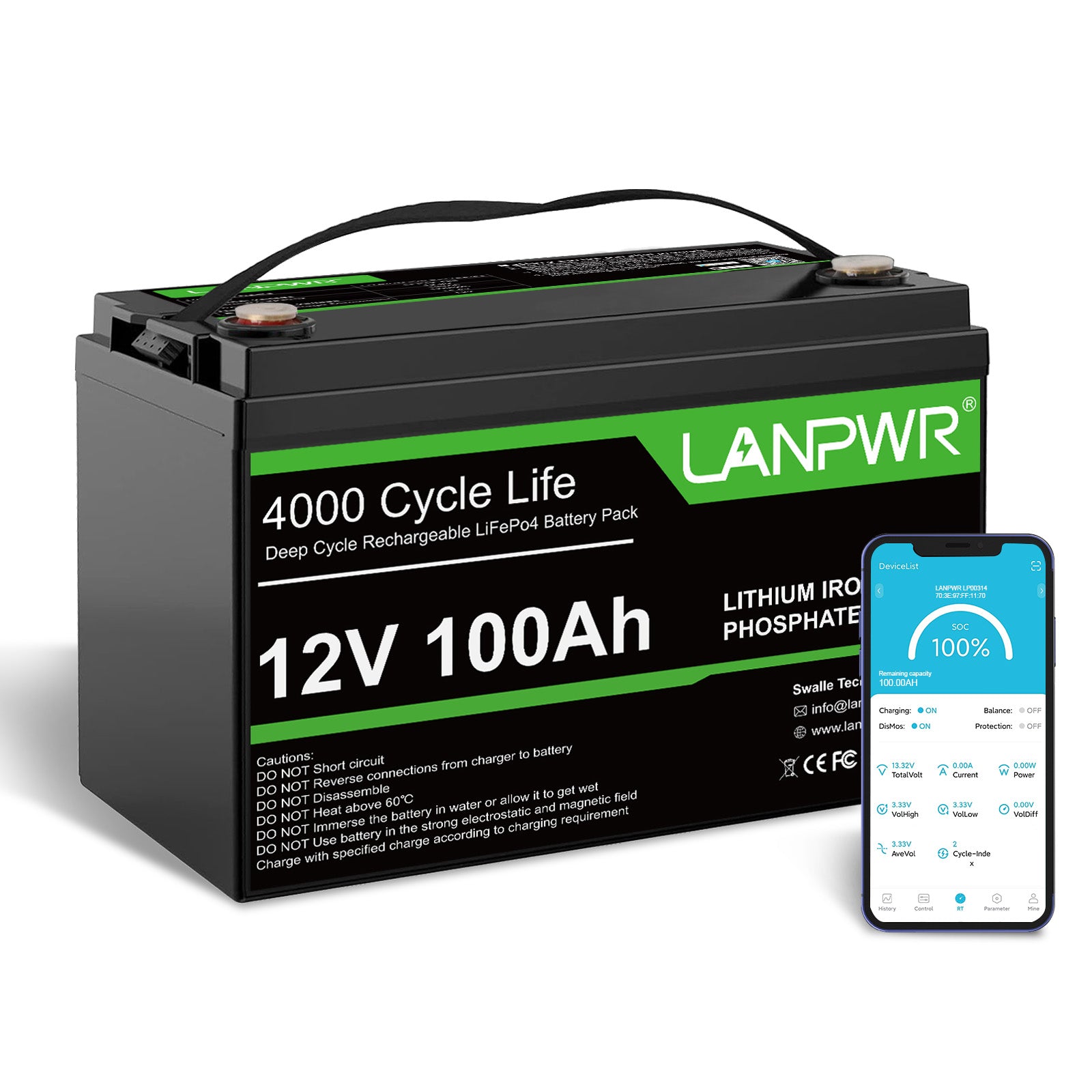

Leave a comment
This site is protected by hCaptcha and the hCaptcha Privacy Policy and Terms of Service apply.